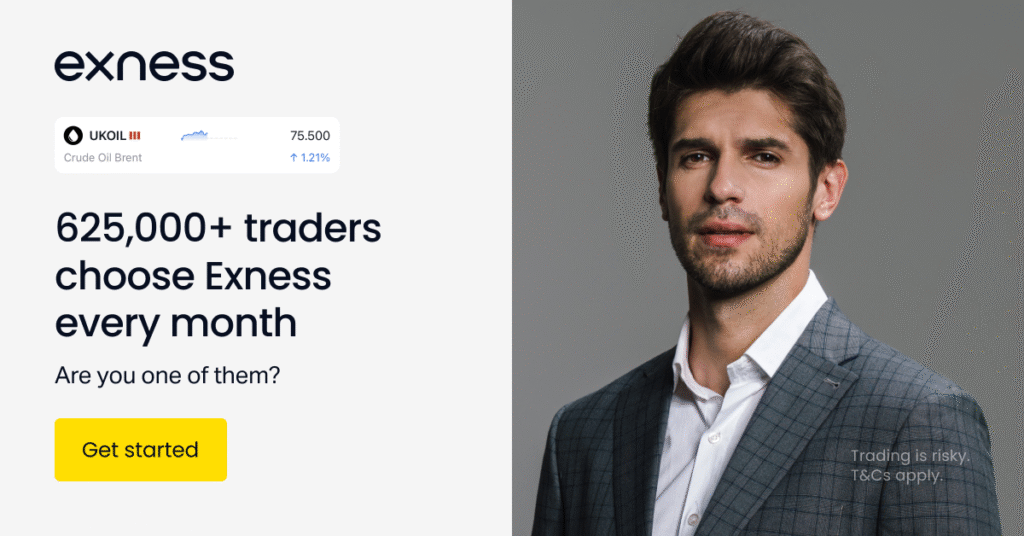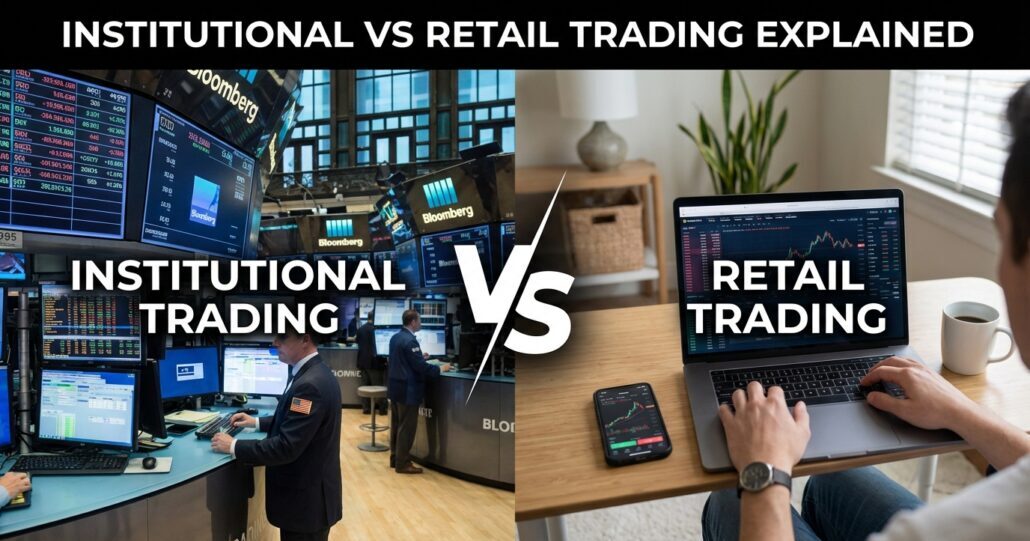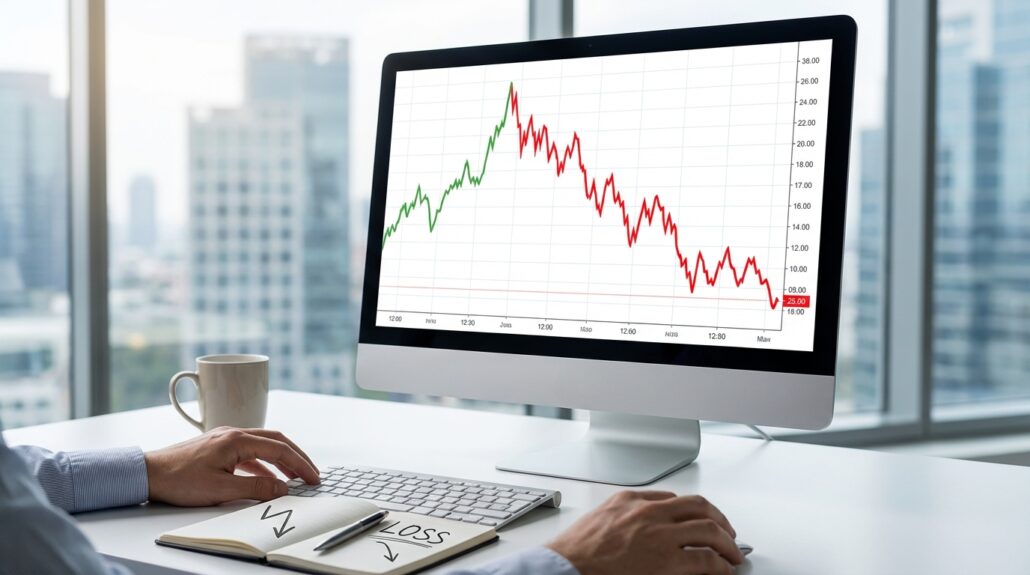Best Oil Trading Platforms
 Sam Reid
Staff Writer
Sam Reid
Staff Writer 
Oil remains one of the most actively traded commodities in the world, and for traders in the UAE, it carries both economic significance and investment opportunity. Advances in online trading platforms have made it possible for retail traders to access fast-moving markets that were once available only to institutional investors. Whether your goal is short-term speculation or a longer-term position based on macroeconomic trends, the right platform can make a substantial difference to your trading outcomes.
Oil Trading in the UAE Context
In the UAE, oil trading is part of the national economic story. As a major producer, the country plays an influential role in global supply and pricing. This means traders in the UAE are often closer to key market developments than peers in many other regions. Access to real-time news, local economic updates, and brokers regulated by the DFSA or FSRA allows trading with both confidence and security.
Modern platforms allow residents to trade Brent Crude and West Texas Intermediate with competitive spreads and leverage that fits their strategies. Many UAE brokers offer integration with global charting tools and social trading communities, giving local traders a combination of regional reliability and global reach.
Choosing the Right Oil Instrument
The first step in oil trading is to understand the types of instruments available. Each has different capital requirements, risk levels, and trading characteristics.
-
Spot Contracts: Immediate delivery, generally used by commercial participants.
-
Futures: Agreements to buy or sell oil at a fixed price on a set date.
-
CFDs: Let traders speculate on price changes without owning the underlying asset, with lower capital requirements and flexible position sizing.
-
Options: Give the right to transact at a specific price without any obligation.
-
ETFs and ETNs: Funds that track oil prices, suitable for investors who prefer a passive approach.
-
Oil Company Stocks: Shares in companies such as ADNOC Drilling or Chevron, influenced by oil price trends.
For many UAE retail traders, CFDs on Brent or WTI are the most practical choice. They offer low spreads, fast execution, and the ability to profit in both rising and falling markets.
Best Platforms for Oil Trading
MetaTrader 4 (MT4)
MT4 is one of the most established trading platforms in the UAE. Its stability, wide broker support, and availability of custom indicators make it well suited for oil CFD trading. Traders who use automated strategies can take advantage of Expert Advisors to respond instantly to market changes.
Brokers such as Exness offer MT4 access with competitive oil spreads and funding options that work well for UAE residents. This combination of platform flexibility and favourable broker conditions supports efficient oil trading strategies.
MetaTrader 5 (MT5)
MT5 builds on MT4’s capabilities, providing more timeframes, integrated economic calendars, and market depth features. Oil traders who combine technical setups with macroeconomic data will appreciate these additions.
Some UAE brokers, including XM, provide MT5 accounts that cater to both small and large positions. This allows traders to test strategies with minimal risk before increasing trade sizes.
cTrader
cTrader has a modern interface and precise order execution. It offers advanced charting, automated trading through cBots, and detailed performance analytics. While it is available from fewer UAE brokers compared to MT4 and MT5, it remains a strong option for traders who value transparency and execution quality in volatile markets such as oil.
TradingView
TradingView began as a charting and analysis platform and has developed into a full online trading platform with broker integration. It is especially popular with traders who enjoy sharing and reviewing trade ideas from a large global community.
Brokers integrate with TradingView so traders can execute Brent or WTI positions directly from their charts. This setup allows traders to blend social insights with their own market analysis before placing trades.
NinjaTrader
For those focused on oil futures, NinjaTrader is designed specifically for futures market trading. It provides advanced analytical tools, strategy automation, and extensive market depth data. Although it is less common among UAE brokers, it is valued by futures traders who require detailed execution control.
Key Factors for UAE Traders When Selecting a Platform
Regulation and Security
Brokers serving the UAE often hold local licenses or are regulated by international authorities such as ASIC, CySEC, or the FCA. This adds important layers of investor protection and operational transparency.
Trading Costs
Competitive oil CFD spreads in the UAE can start from $0.03 per contract. Brokers such as Exness and AvaTrade offer these cost levels while maintaining fast execution and reliable service.
Leverage Availability
Leverage limits for oil trading in the UAE can be more flexible than in other regions. Platforms like MT5 through XM provide higher leverage options for those who use careful risk management.
Platform Tools
Features such as multi-device access, advanced charting, automated trading, news feeds, and economic calendars help traders respond quickly to market movements. Oil prices can shift rapidly, so fast and informed decision-making is essential.
Market Forces that Shape Oil Prices
Oil prices are affected by a mix of global and regional factors.
-
OPEC and Production Changes: Decisions on production quotas influence supply levels and price direction.
-
Geopolitical Events: Political instability in producing regions can create sudden price swings.
-
Economic Indicators: Data such as GDP growth, industrial production, and interest rate decisions affect oil demand expectations.
-
Currency Movements: Since oil is priced in US dollars, changes in the dollar’s value influence global affordability.
-
Weather Conditions: Extreme seasonal weather can affect both production and demand.
Combining this knowledge with platform tools such as MT5’s built-in economic calendar or TradingView’s community forecasts can help traders make better-informed decisions.
Strategies for UAE Oil Traders
-
Scalping CFDs on MT4 or MT5: Short-term trades that capture small price changes.
-
Swing Trading on TradingView: Holding positions for several days based on technical patterns and sentiment analysis.
-
Hedging Exposure: Using CFDs or futures to protect against rising fuel costs.
-
Long-Term ETF Positions: Investing in oil ETFs through platforms like MT5 for portfolio diversification.
Some traders combine these methods. For example, a trader might take short-term Brent CFD positions on MT4 with Exness, while keeping a longer-term WTI trade open with AvaTrade for broader exposure.
How to Start Trading Oil in the UAE
-
Choose a regulated broker with access to your preferred oil instruments.
-
Select your platform such as MT4, MT5, cTrader, or TradingView based on your trading style.
-
Open and verify your account by providing the required identification.
-
Fund your account through local bank transfers, cards, or e-wallets.
-
Practice in a demo account offered by brokers such as XM or AvaTrade to refine strategies.
-
Trade live once you have a clear plan and an understanding of market risks.
Conclusion
Oil trading in the UAE combines a unique local perspective with global market opportunities. The combination of advanced online trading platforms and regulated broker access provides traders with the tools they need to succeed.
MT4 and MT5 remain versatile choices, cTrader appeals to those who focus on execution quality, and TradingView offers a blend of technical analysis and community insights. For traders who approach the market with discipline, the right mix of platform features and broker support from providers such as AvaTrade, Exness, or XM can create an environment where oil trading is both efficient and well-informed.
FAQs
What is the best platform for trading oil?
For many UAE traders, MT4 and MT5 are the most widely supported and feature-rich platforms. TradingView and cTrader are strong alternatives for those seeking different interfaces and analytical tools.
Which oil is best for trading?
Brent Crude and West Texas Intermediate are the most traded and liquid oil benchmarks, making them preferred by traders.
What is the best way to trade oil?
CFDs through a regulated broker allow for both long and short positions with lower capital requirements than futures, making them a flexible choice for many traders.
Can I trade crude oil on MT5?
Yes. Many UAE brokers offer crude oil CFDs and sometimes futures on MT5, including both Brent and WTI contracts.
Disclaimer: Remember that forex and CFD trading involves high risk. Always do your own research and never invest what you cannot afford to lose.
 13th Aug 2025
13th Aug 2025










